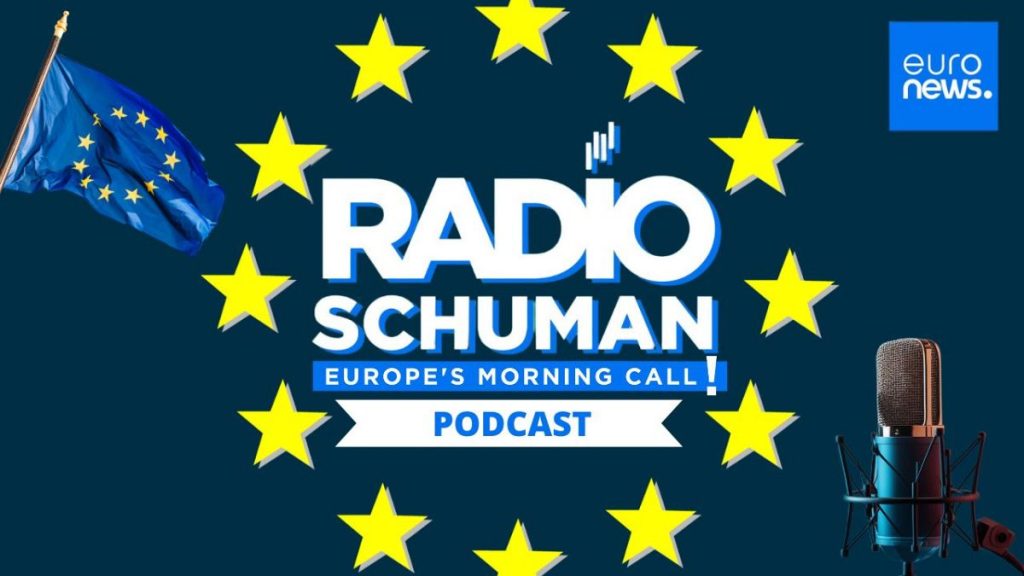The informal retreat scheduled for Monday, February 3rd, marks a pivotal moment for European security, bringing together the leaders of the 27 EU member states, the UK, and NATO to address the pressing need for a strengthened European defense posture. This gathering, prompted by Russia’s aggression against Ukraine and further fueled by former US President Donald Trump’s calls for increased defense spending, underscores the growing recognition of Europe’s vulnerability in a rapidly changing geopolitical landscape. The summit aims to forge a common path towards enhanced defense capabilities within the EU, fostering greater cooperation and coordination among member states to effectively address emerging threats. This high-level discussion will delve into the complexities of balancing national budgetary constraints with the imperative to invest in collective security, aiming to solidify Europe’s role as a guarantor of regional stability.
The backdrop of this summit is one of heightened urgency, with Russia’s invasion of Ukraine serving as a stark reminder of the fragility of peace in Europe. This act of aggression has exposed vulnerabilities in the continent’s security architecture, prompting a renewed focus on bolstering defense capabilities and strengthening transatlantic alliances. The summit’s focus on collaborative defense efforts reflects a growing consensus that shared security requires shared responsibility and investment. Discussions are expected to center on optimizing resource allocation, promoting interoperability among member states’ military forces, and enhancing the EU’s capacity to respond rapidly and effectively to crises. The meeting also signifies a recognition of the interconnectedness of European and global security, emphasizing the importance of collaborative partnerships like NATO in maintaining peace and stability.
The financial implications of a reinforced European defense posture are a major point of contention, particularly in the context of existing budgetary constraints faced by many EU member states. While the need for increased investment is widely acknowledged, the specific targets and mechanisms for achieving them remain subject to debate. Former US President Trump’s demand for NATO members to dedicate 5% of their GDP to defense, double the current target of 2%, has added another layer of complexity to these discussions. Achieving such a substantial increase would represent a significant financial burden for many European nations, potentially impacting other crucial areas of public spending. The summit’s deliberations will therefore require a delicate balancing act, seeking to reconcile the imperative of bolstering defense capabilities with the fiscal realities faced by individual member states.
Despite these financial challenges, there is evidence of progress in strengthening European defense investments. European Council President António Costa highlighted a 30% increase in European defense investments since 2021, indicating a growing commitment to strengthening security capabilities. Furthermore, 23 NATO countries have increased their defense spending since 2014, collectively meeting the 2% GDP target. This demonstrates a growing recognition of the shared responsibility for security within the alliance. However, President Costa also acknowledged the diverse budgetary priorities of individual member states, emphasizing the need for efficient and targeted joint investments. This approach prioritizes collaboration and resource pooling, aiming to maximize the impact of defense spending by focusing on areas where collective action yields the greatest benefits.
The summit discussions will likely focus on identifying key areas for collaborative investment, prioritizing projects that enhance interoperability, strengthen collective defense capabilities, and improve the EU’s ability to respond to emerging threats. This strategic approach aims to ensure that increased defense spending translates into tangible improvements in European security. Experts suggest that prioritizing joint procurement of military equipment, investing in research and development of advanced defense technologies, and strengthening cybersecurity infrastructure are among the areas that could offer significant returns on investment. By focusing on these shared priorities, the EU can maximize the impact of its defense spending while also fostering greater cohesion and cooperation among member states.
Beyond the immediate focus on defense spending, the summit also represents an opportunity to reaffirm the fundamental principles of transatlantic cooperation and strengthen the NATO alliance. The presence of both EU and NATO leaders underscores the interconnectedness of European and global security. In a world marked by increasing geopolitical uncertainty, the strength of these alliances is more critical than ever. The summit therefore serves as a platform not only for discussing practical measures to enhance defense capabilities but also for reinforcing the shared values and commitment to collective security that underpin these partnerships. By working together, the EU and NATO can ensure a more secure and stable future for Europe and the world.

